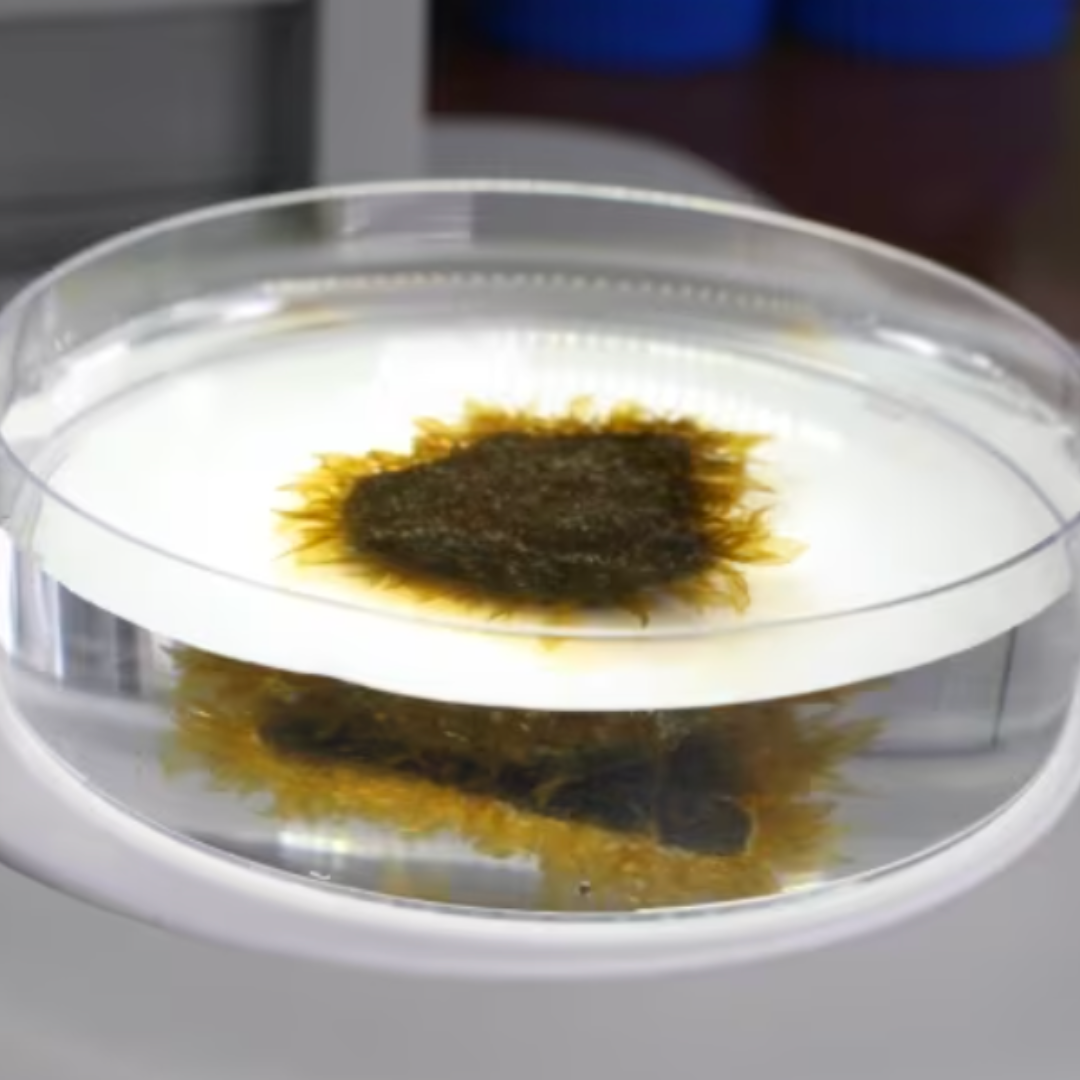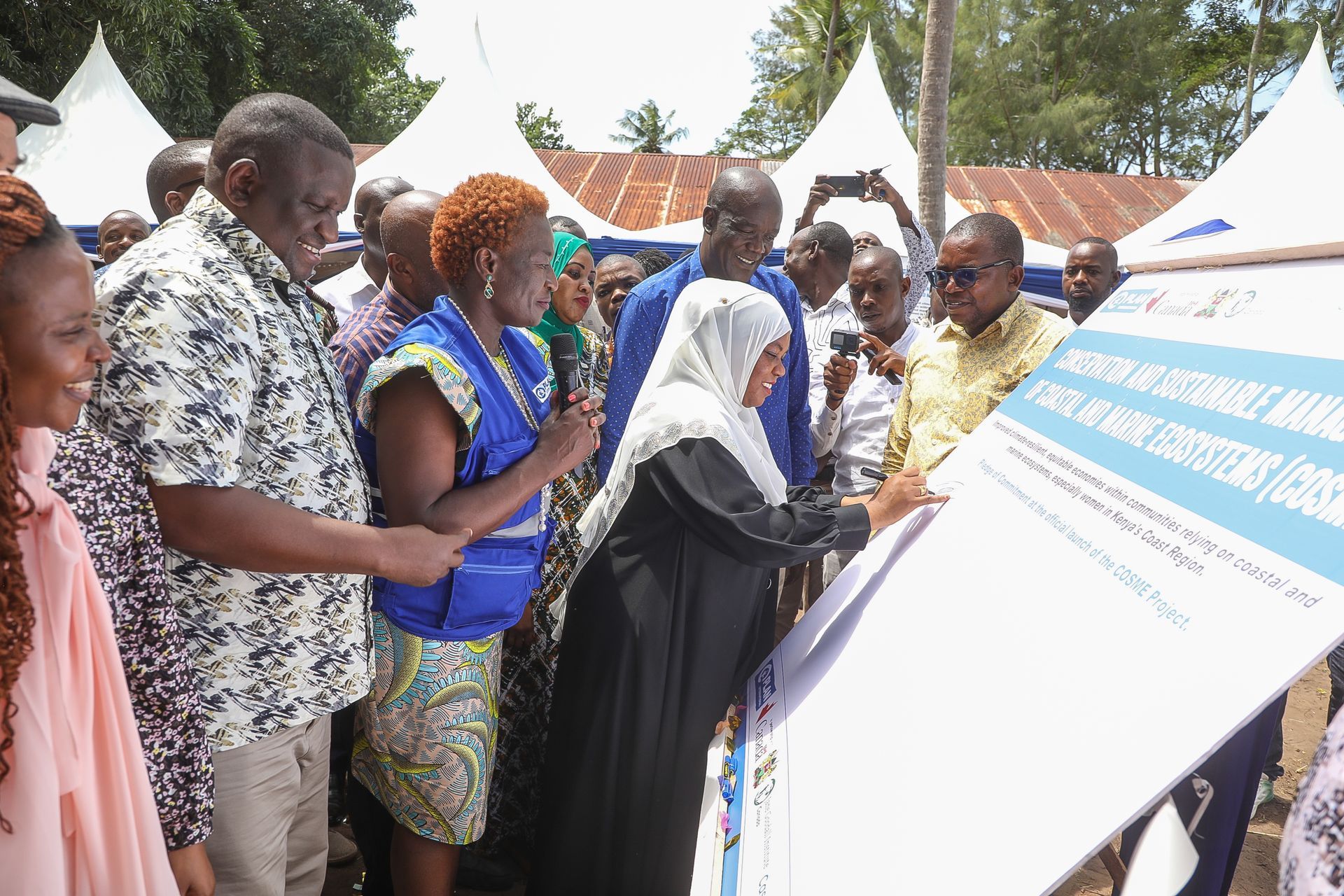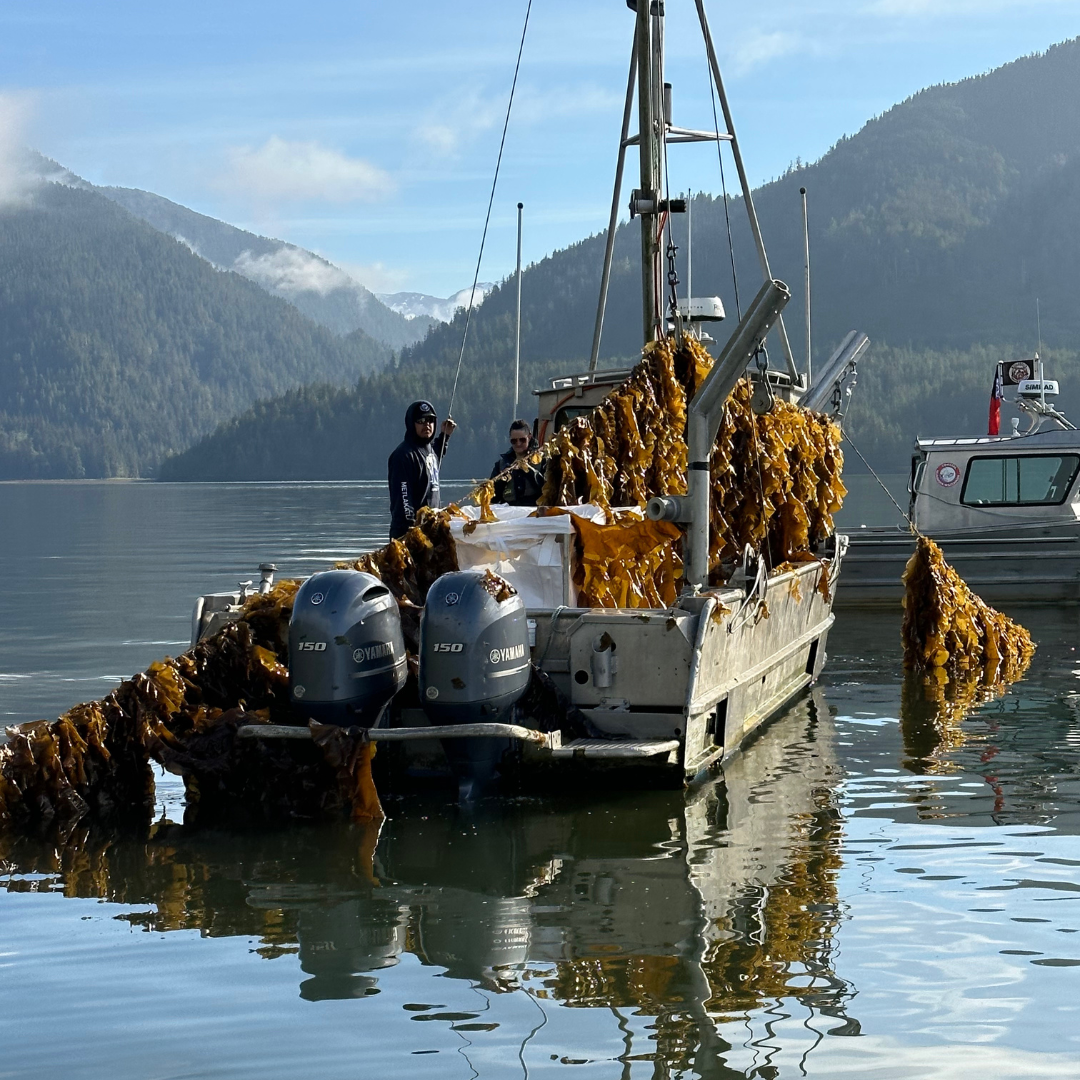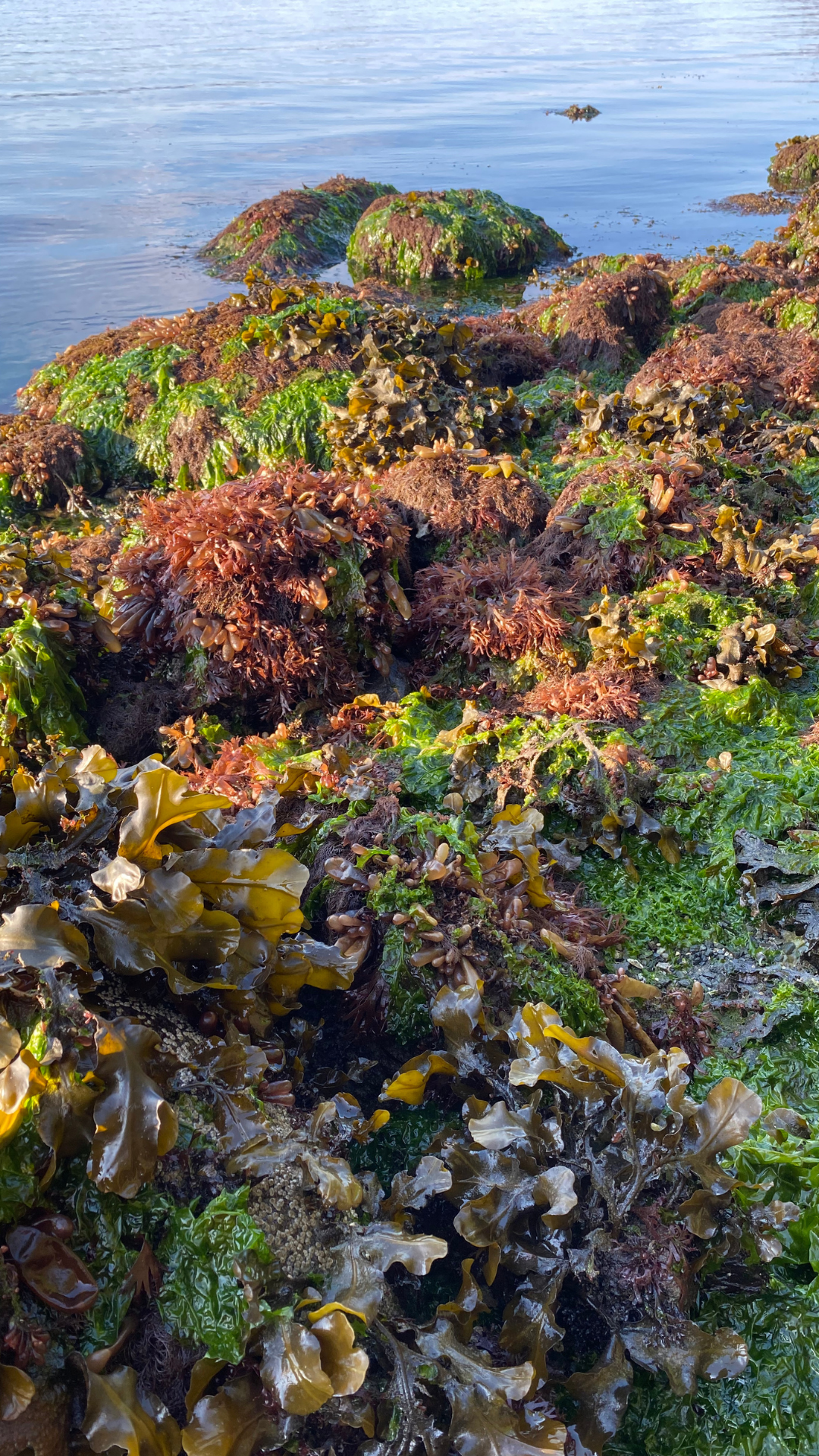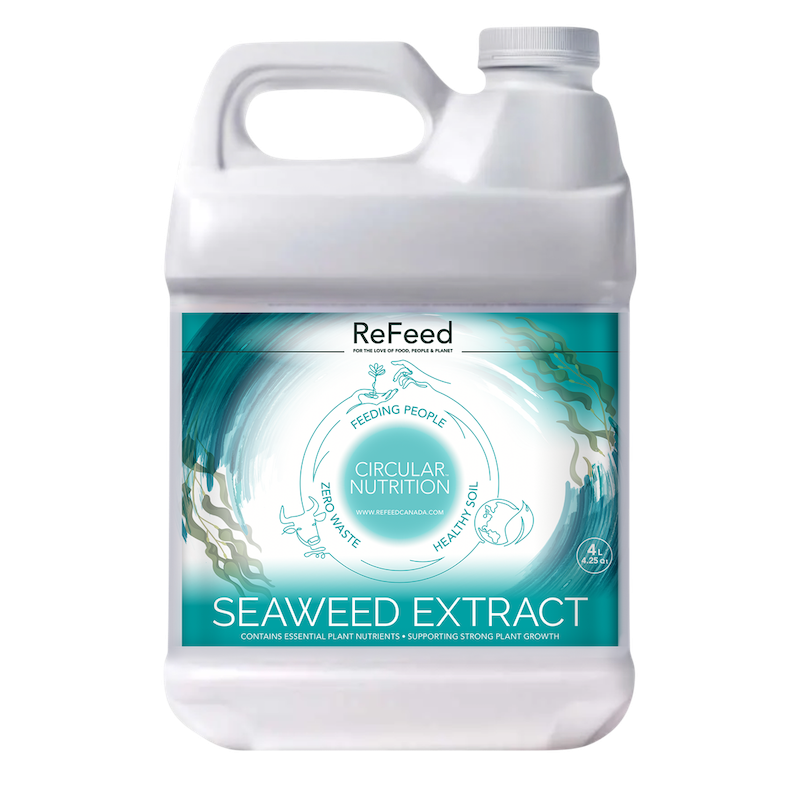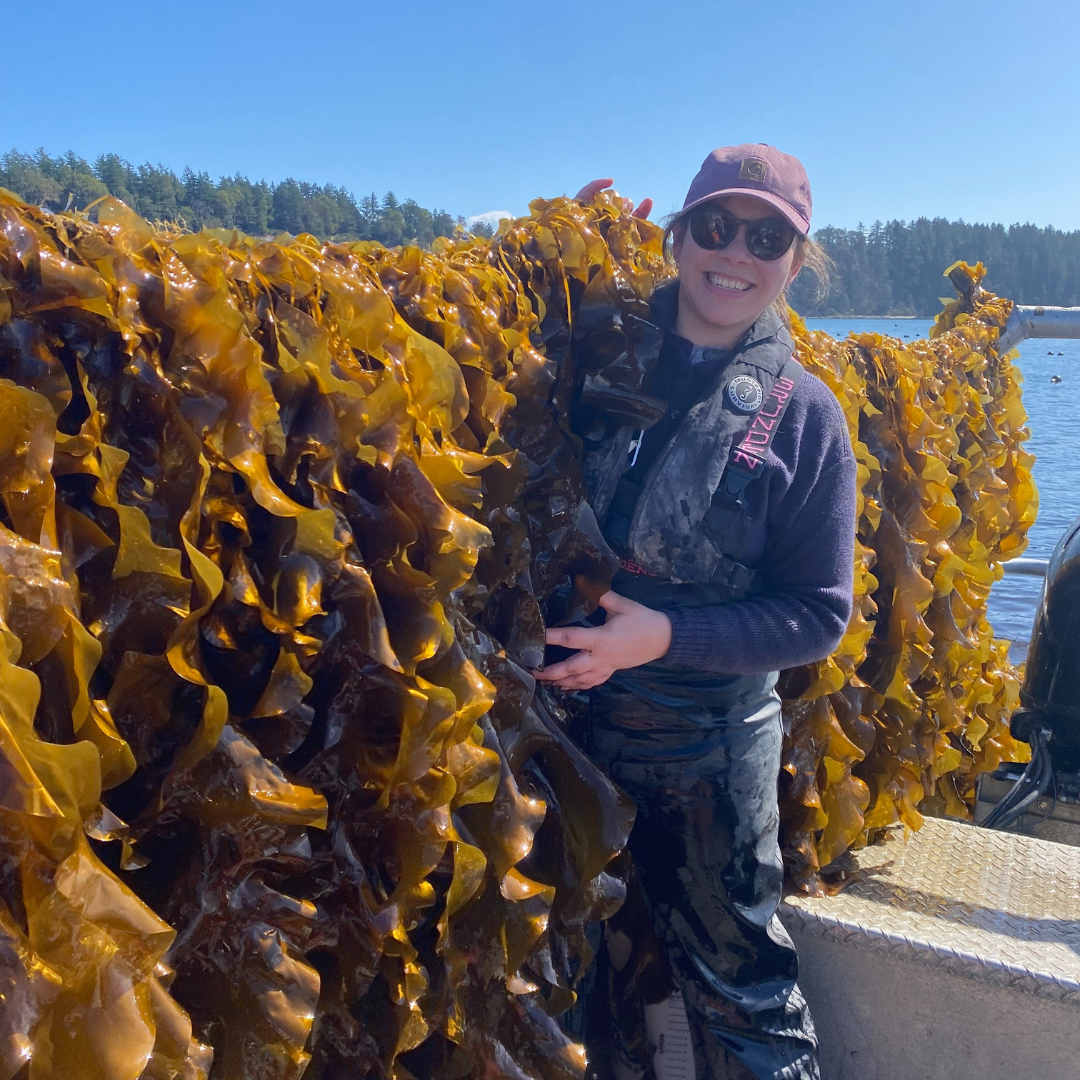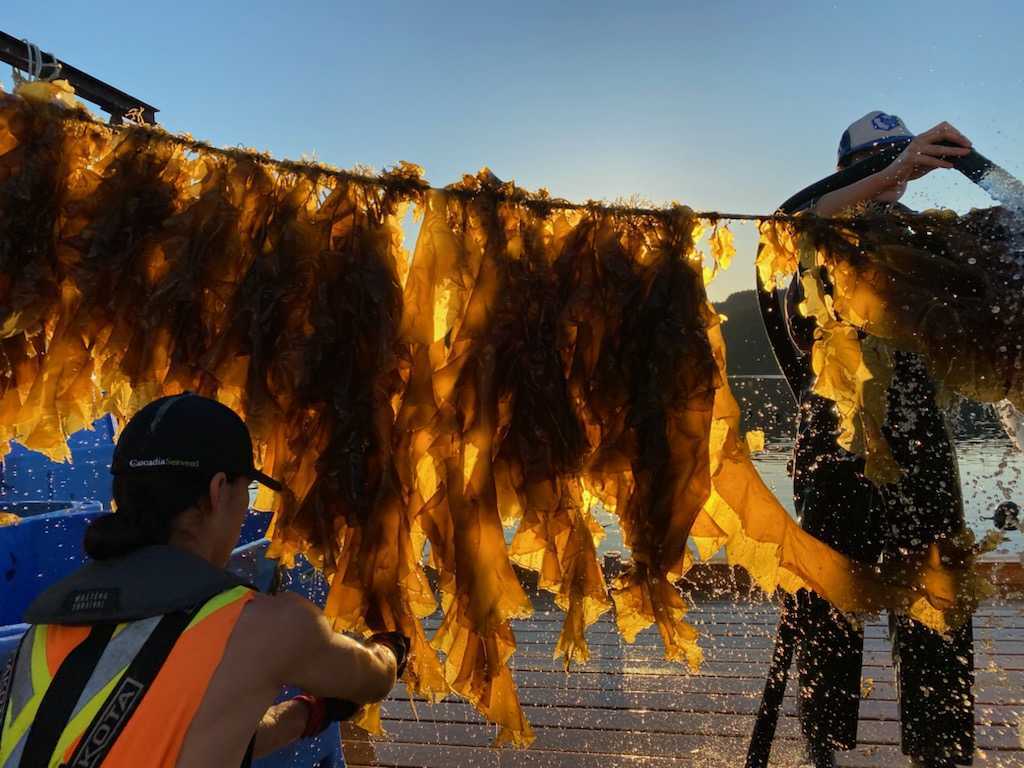At Cascadia Seaweed, we cultivate local species of seaweed and manufacture products for crop and cattle farmers.
Collaborating on Biodiversity Technologies in Aquaculture Can Yield Multiple Benefits
By Colin Bates, Senior Research Scientist, Cascadia Seaweed Corp.
as published in the winter edition of ECO Magazine
The COP15 UN Biodiversity Conference in Montreal was a significant biodiversity milestone. The primary outcome, the Kunming-Montreal Global Biodiversity Framework (GBF), outlines essential actions for biodiversity preservation. One important recommendation of the GBF involves the “mandatory nature-related disclosure of data”, requiring companies to disclose their impacts on biodiversity. While high-tech solutions have long been utilized for monitoring oceanographic variables in the marine environments, technology for monitoring biodiversity is the next frontier, and with this, aquaculture companies can unlock numerous benefits.
Cascadia Seaweed is collaborating with First Nations to build a robust seaweed industry in western Canada. We are Canada’s largest producer of ocean-cultivated kelp, and with that crop, we manufacture agricultural inputs to increase yields and reduce emissions. We also focus on research, development, and implementation of nature-based solutions.
Over the past three years, we’ve been innovating and testing technologies to evaluate whether kelp farms provide novel habitat for migrating salmonids and their prey. The work, generously funded by the BC Salmon Restoration and Innovation Fund, serves as a valuable case study for collaborative initiatives. In partnership with Ahousaht and Uchucklesaht Nations, along with academic and industry professionals from the University of Victoria, Bamfield Marine Sciences Centre, AML Oceanographics, and Deep Trekker Ltd, we’ve developed a high-resolution biological and oceanographic monitoring program to understand if, and how, fish use our farms. We’ve adapted a “FishCam” design (Muoy et al., 2020) which are highly programmable, long-deployment underwater video cameras and our novel computer vision technology processed over 138,000 5-minute video clips to count and identify fish. We also measured eight oceanographic parameters subhourly, and sampled water quality and zooplankton, and performed dive and ROV surveys, monthly.
While outcomes of this study will help fill knowledge gaps about the role of temperate kelp farms in habitat provision, Cascadia Seaweed’s decision to engage in this sort of work has also yielded business benefits. By fostering collaboration among First Nations, academia, non-profits, private industry, and government we create synergies, build trust, embed research in real-world applications and build social capital by demonstrating where operations are ocean-positive, and provide an evidence-based approach to improving operations where outcomes to biodiversity are identified, thus aligning with the requirements of the GBF.
Financially, our work is a critical foundation for the development of nascent biodiversity and ecosystem service credits. Further, we have improved shareholder value by adding patents to our intellectual property portfolio. This project has also generated actionable business intelligence for placement and management of farms.
Cascadia Seaweed is a business established for the 22nd century and operations that verifiably bolster biodiversity are more likely to be sustainable over the long term. We look forward to the broader application of these technologies to our business and beyond, and we hope this will serve as inspiration for other companies; the benefits to people, planet, and bottom line are undeniable.
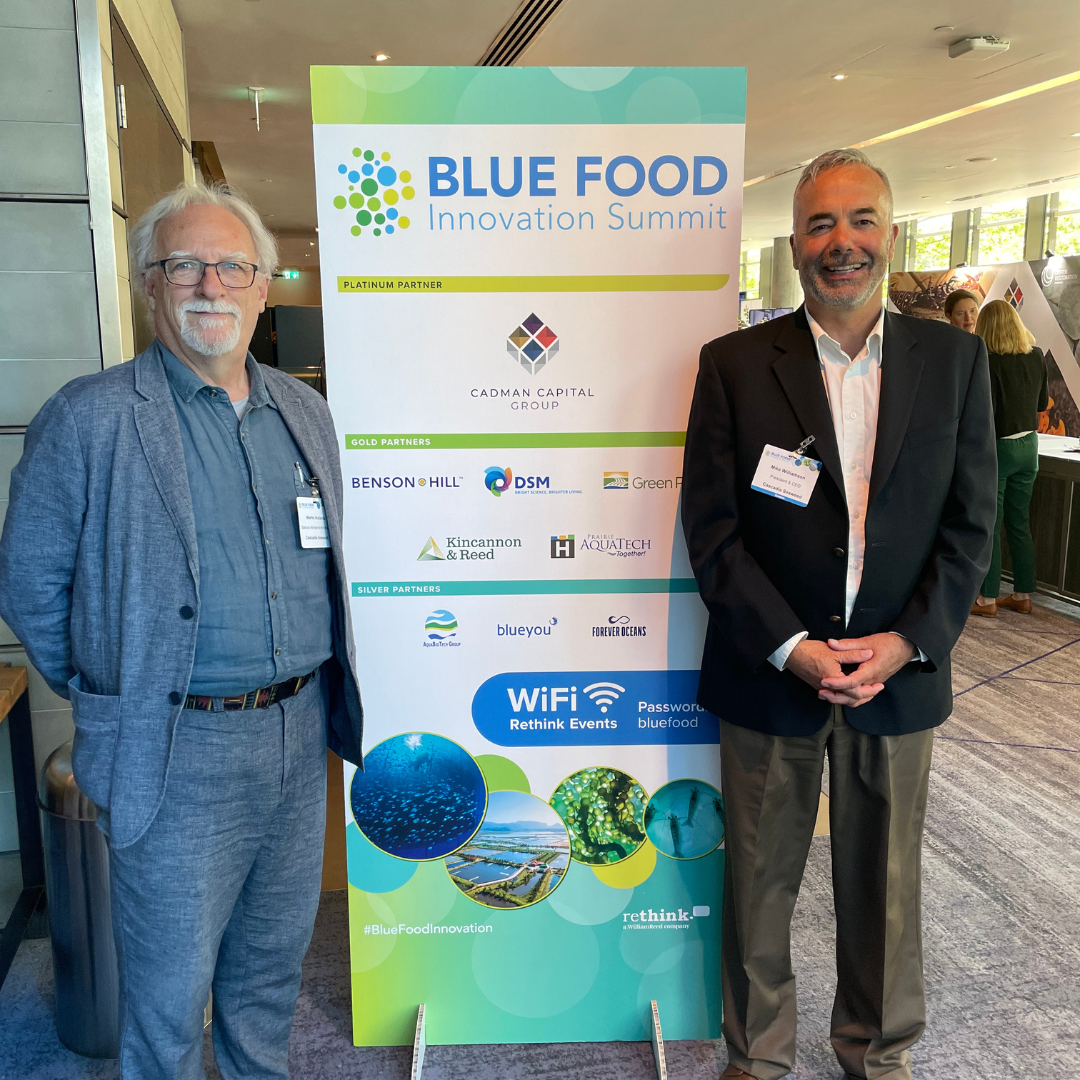
C - 9774 Third Street Sidney British Columbia V8L 3A4
Email: info@cascadiaseaweed.com
Phone: 1-778-351-4484

9774 - C Third Street Sidney British Columbia V8L 3A4
Email: info@cascadiaseaweed.com
Phone: 1-778-351-4484

